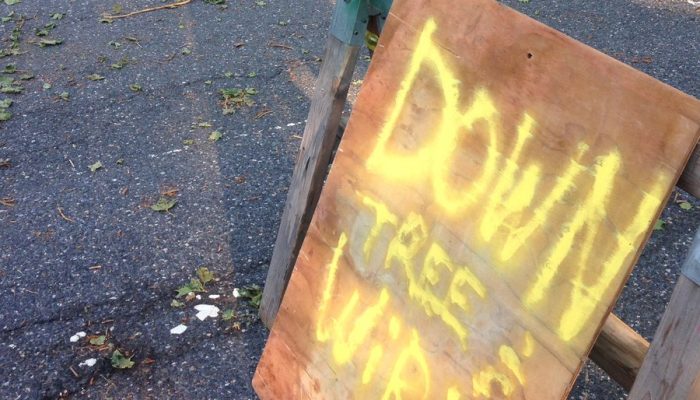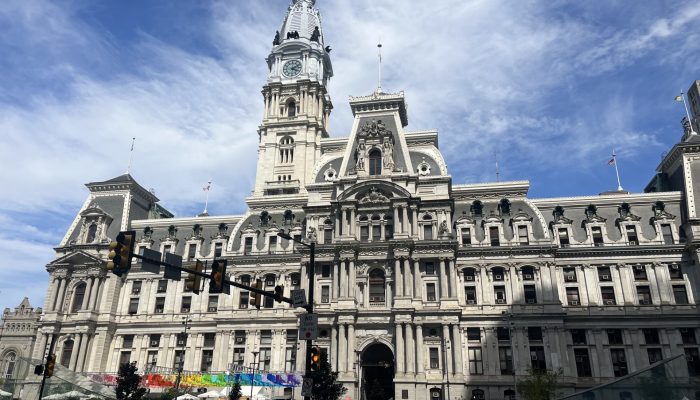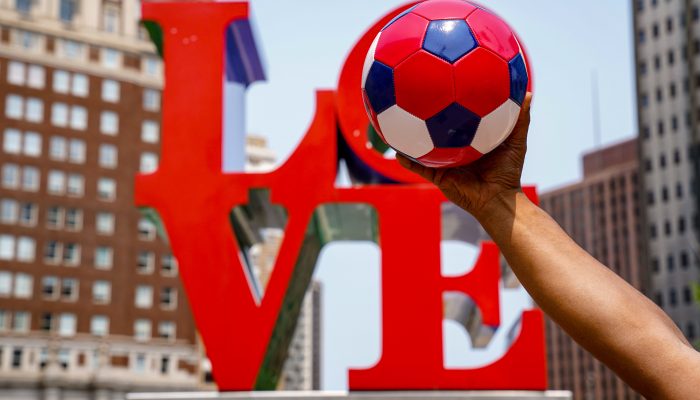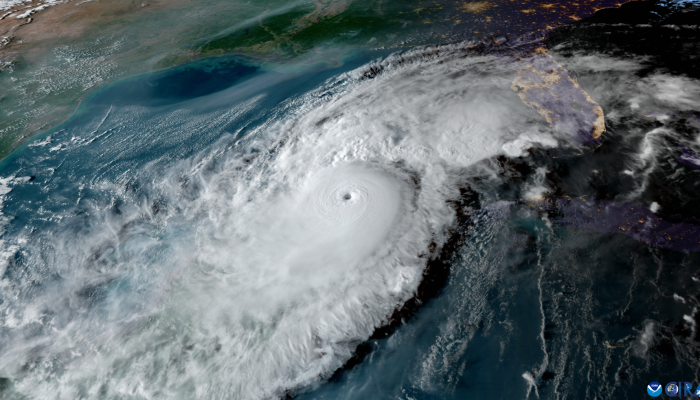March 5, 2018
Power outages happen year-round.
They can be a temporary nuisance caused by a system failure or something that impacts our lives for days, resulting from a Nor’easter, Tropical Storm or other severe weather.
Outages can also impact travel, bringing trees down on wires or roads that affect mass-transit or create hazardous driving conditions.
There are steps you can take now and when power goes out to help get you, your family, and neighbors through a power outage.
Stay Informed
- Severe weather can develop quickly. Important information is sent to your phone or inbox and text or email, free of charge, though the City’s mass notification system, ReadyPhiladelphia. Use the quick-enroll feature to get texts only by sending ‘READYPHILA’ to 888-777.
- Know the difference between weather Advisories, Watches, and Warnings. The National Weather Service will publish information, alerting you the possibility or reality of severe weather. Advisory: Be Aware. Watch: Be Prepared. Warning: Take Action.
- Follow City and partner social media accounts for information @PhiladelphiaGov @PhilaOEM @Philly311 @PhilaStreets @PhillyPolice @PhillyFireDept @SEPTA @PECOconnect
Be Prepared
- Store 72 hours of non-perishable food and water, (like cereal or anything in cans, boxes, bags or jars, not the snowstorm staple of bread, milk, and eggs). Also, as our animal-advocate partners Red Paw Relief team remind us, “what you do for yourself, do for your pets! Be sure to have 72 hours worth of food, supplies & water for them as well.”
- Have a flashlight, battery operated AM/FM radio, and spare batteries found in a Shelter-in-Place kit for easy access.
- Keep your cell phone fully charged before the storm.
- Travel by SEPTA? Stay up-to-date on delays and service interruptions.
- Do not use candles for emergency lighting. They become a fire hazard.
- Keep refrigerator and freezer doors closed tight as most food requiring refrigeration can be kept safely for several hours. An unopened fridge can keep food at the proper temperature for about 4 hours. A freezer will keep food safe for approximately 48 hours if full (24 hours if half full) if door remains closed.
- Turn off or disconnect appliances and other equipment in case of a momentary power “surge” that can damage computers and other devices. Consider adding surge protectors.
- If you are considering a generator to power your property, consult an electrician or engineer before purchasing and installing. Never run a generator inside you home or enclosed area like a garage.
High Wind
- High winds can cause hazardous conditions. L&I wants both property owners and those on construction sites to be aware of dangers associated with high winds. Secure loose objects, including; trashcans, recycling containers, patio furniture, and outdoor signage at business properties or construction sites. When sustained winds reach 40 MPH, a High Wind Warning is issued by the National Weather Service. A cause for concern is that objects are propelled into people or property and also become a danger to vehicular or bike traffic.
- Construction sites. During high wind events, L&I urges construction sites to use extreme caution and secure loose materials, especially those on the upper floors of buildings under construction. Temporary fencing, signage and tarps at constructions sites must be lashed or otherwise secured.
Power Outages
- Know what to have in your head, your hands, and in your home if the lights go dim.
- Reporting power outages. Philadelphia’s power utility company PECO has ways to help before, during, and after a storm, including; preventing outages, storm readiness, storm restoration process, reporting outages online, and tracking current outages.
- Street light outage? Call Philadelphia’s non-emergency number 3-1-1. Street lights in the city of Philadelphia are owned and maintained by the city.
- Have a tree emergency? If a tree falls during a storm and poses a safety threat, call 911. Otherwise, call 311. A crew of arborists from Philadelphia Parks & Recreation are on-call to respond to tree emergencies and they will come out to remove the hazard and any part of the tree that is an immediate risk to public safety. Other parts of the tree that don’t pose an immediate risk (such as tree trunks and stumps) will be removed at a later time so our crews can focus on other safety hazards around the city during extreme weather events. In the event that a tree has fallen on electrical wires, please call PECO’s emergency line: 1-800-841-4141.
- Check on your neighbors, especially those who are more vulnerable with mobility issues, access and functional needs, or food insecurity.
- Watch travelling in the dark. Due to diminished visibility, be aware of downed trees and wires. Assume every wire is live. Look for tripping hazards.
Follow Philadelphia Office of Emergency Management on Twitter. Like us on Facebook.




